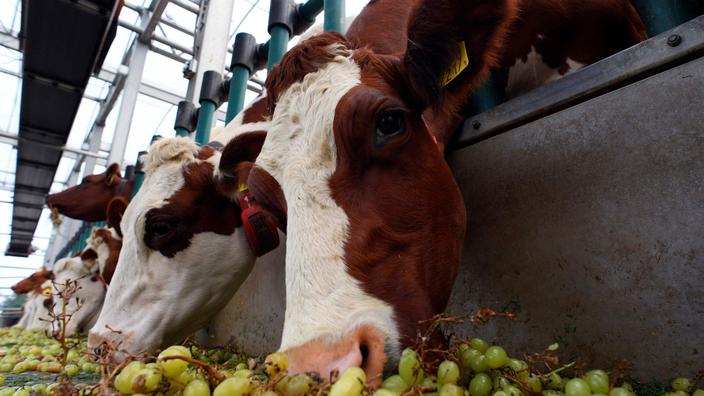Two atypical cases of bovine spongiform encephalopathy (BSE), known as "
mad cow disease
", have been detected in Brazil, the Ministry of Agriculture announced on Saturday, which suspended its exports of cattle to China.
Read also Thirty years ago, the first mad cow case in France
This temporary measure was taken in accordance with an existing bilateral protocol between the two countries, although the ministry assured that there was "
no risk to human or animal health
". According to the press release, these are indeed two “
atypical
” cases, insofar as the disease appeared “
spontaneously and sporadically, unrelated to the ingestion of contaminated food
”.
The two cases were detected during health inspections, in Minas Gerais (south-east) and Mato Grosso (center-west), in cattle "
of advanced age
". “
This is the fourth and fifth case of BSE detected in more than 23 years of health vigilance for the disease. Brazil has never identified a classic case of BSE,
”said the ministry, which officially notified the International Organization for Animal Health (OIE).
A similar situation took place in June 2019, when Brazil also temporarily suspended its exports of cattle to China, after an atypical case of BSE detected in Mato Grosso, in a 17-year-old cow. BSE first appeared in the United Kingdom in the 1980s and spread to many countries in Europe and around the world, and caused great concern among consumers. It had caused a serious crisis in the beef industry.

